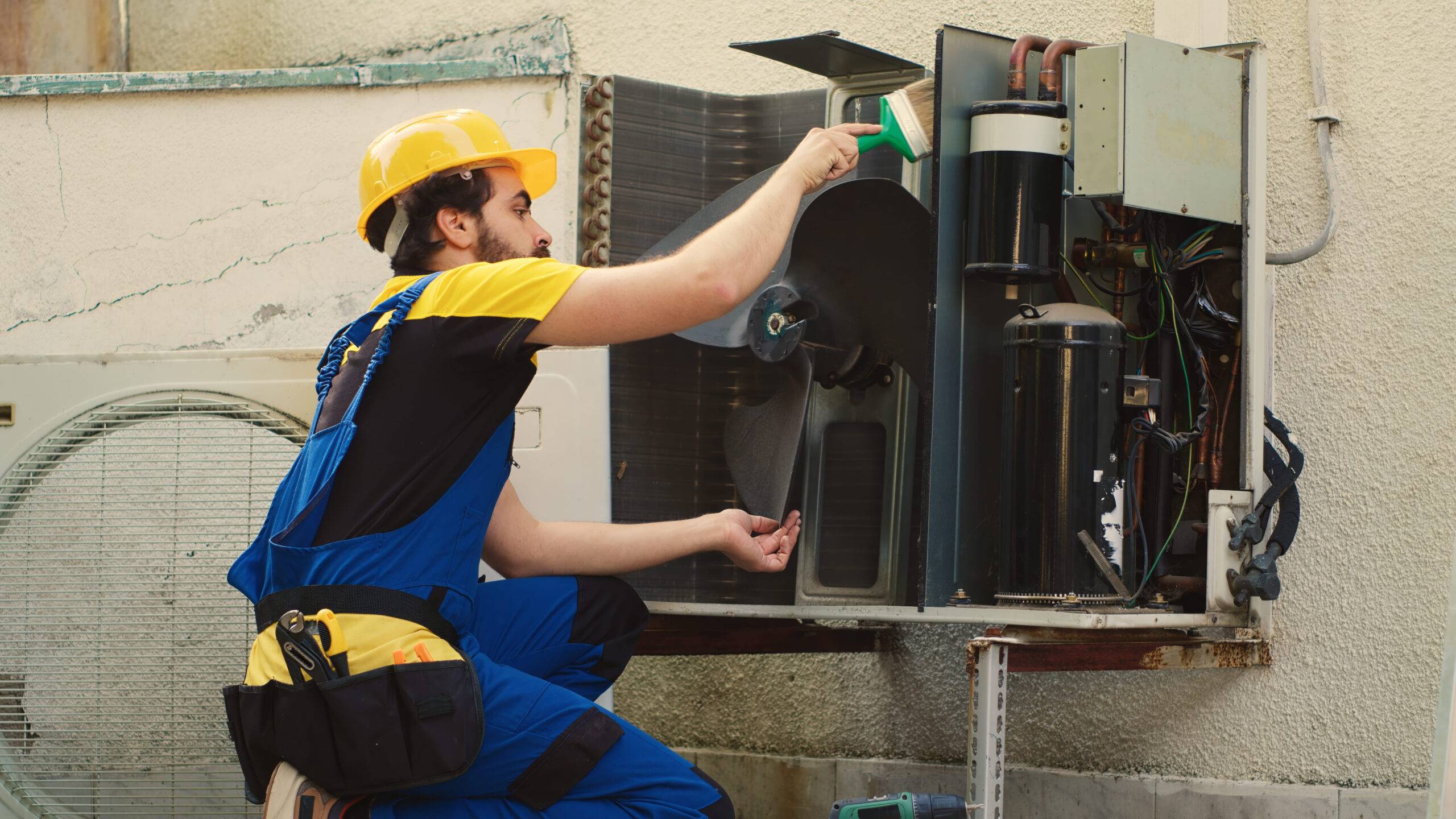Commercial HVAC Filter Maintenance: Best Practices
While seemingly simple, your commercial HVAC system plays a vital role in maintaining indoor air quality (IAQ), protecting your equipment, and controlling energy costs. Neglecting filter maintenance can lead to a cascade of problems, impacting everything from employee health to your bottom line.
This blog post will delve into the best practices for commercial HVAC filter maintenance, ensuring your system operates efficiently and effectively for years to come.
Why Prioritize Commercial HVAC Filter Maintenance?
Before diving into best practices, let’s understand why regular filter maintenance is non-negotiable for commercial buildings:
- Improved Indoor Air Quality (IAQ): Filters trap airborne particles like dust, pollen, pet dander, and even some bacteria and viruses, preventing them from circulating throughout your workspace.
- Enhanced HVAC System Efficiency: A clean filter allows for optimal airflow. When filters become clogged, the HVAC system has to work harder to push air through, leading to increased energy consumption and higher utility bills.
- Extended Equipment Lifespan: Dirty filters restrict airflow, causing the HVAC system to overwork. This can lead to premature wear and tear on the blower motor and compressor, resulting in costly repairs and a shortened system lifespan.
- Reduced Risk of Breakdowns: Regular filter changes can prevent common issues like frozen coils and overheating, which are often caused by restricted airflow due to clogged filters.
- Consistent Comfort Levels: Clean filters ensure even distribution of heated or cooled air throughout the building, eliminating hot or cold spots and maintaining consistent comfort for occupants.
Best Practices for Commercial HVAC Filter Maintenance:
Implementing a consistent and effective filter maintenance schedule is important. Here are the best practices to follow:
1. Establish a Regular Inspection Schedule:
· Monthly Checks: Filters should be visually checked at least once a month. High-traffic areas, dusty environments, or facilities with specific air quality needs may require more monitoring.
· Log Inspections: Maintain a log of inspection dates and filter conditions to track when changes are needed and identify any recurring issues.
2. Replace Filters According to a Schedule:
· Manufacturer Guidelines: Follow the filter manufacturer’s recommended replacement schedule. This is often based on filter type and average usage.
· Visual Indicators: If a filter appears heavily soiled or clogged during inspection, replace it immediately, regardless of the schedule.
· Seasonal Considerations: Consider increasing filter checks and replacements during peak seasons (heating and cooling) when the HVAC system runs more frequently.
3. Choose the Right Filter Type and MERV Rating:
· Understand MERV Ratings: The Minimum Efficiency Reporting Value (MERV) rating indicates a filter’s ability to capture particles of different sizes. Higher MERV ratings mean better filtration of smaller particles.
· Application-Specific Selection: Choose filters with a MERV rating appropriate for your commercial space’s needs. While higher MERV filters offer better air quality, they can also restrict airflow if your system isn’t designed for them. Consult with an HVAC professional to determine the optimal MERV rating for your system.
· Consider Filter Types: Different filter types (fiberglass, pleated, HEPA, activated carbon, electrostatic) offer varying levels of filtration and have different applications.
4. Ensure Proper Filter Installation:
· Correct Size: Always use the correct filter size for your HVAC unit. An improperly sized filter will allow air to bypass it, reducing its effectiveness.
· Directional Arrows: Pay attention to the directional arrows on the filter frame and install it with the arrow pointing towards the airflow.
· Secure Fit: Ensure the filter is securely placed in the filter slot without any gaps to prevent air leakage.
5. Train Staff on Basic Filter Maintenance:
· Empower Facility Personnel: Train designated facility personnel on how to locate, inspect, and replace air filters safely and correctly.
· Provide Clear Instructions: Offer clear, step-by-step instructions and visual aids to ensure proper procedures are followed.
6. Consider Professional HVAC Maintenance:
· Regular System Tune-ups: Schedule regular professional HVAC maintenance (at least twice a year) to ensure the entire system, including the filter housing and airflow, is functioning correctly.
· Expert Recommendations: HVAC technicians can provide expert advice on the best filter types and maintenance schedules for your specific system and commercial needs.
7. Document Your Maintenance:
· Record Keeping: Maintain records of all filter replacements, including the date, filter type, and MERV rating. This helps track maintenance history and optimize future scheduling.
By adhering to these best practices for commercial HVAC filter maintenance, you can significantly improve your indoor air quality, enhance the efficiency and lifespan of your HVAC system, reduce energy costs, and create a healthier and more comfortable environment for everyone in your commercial space.

